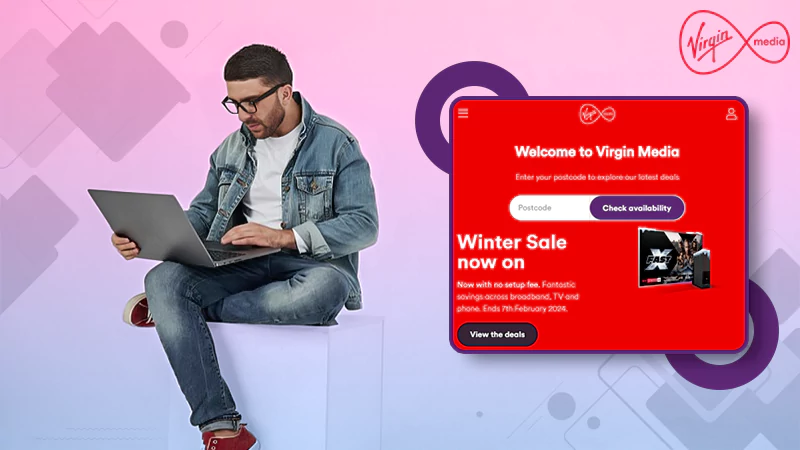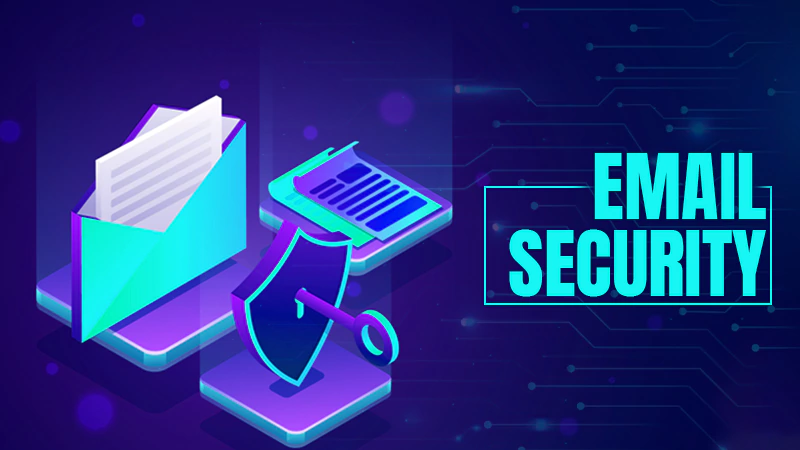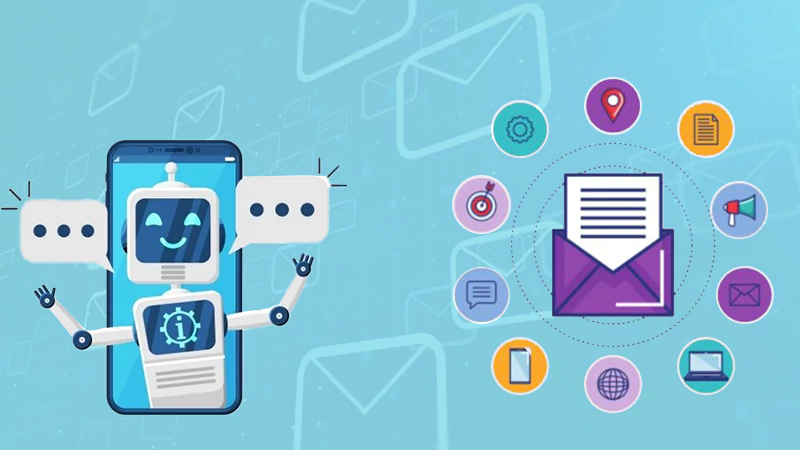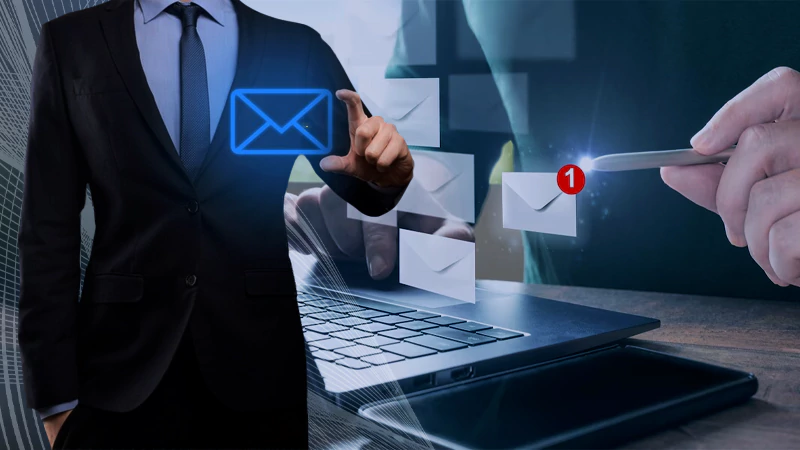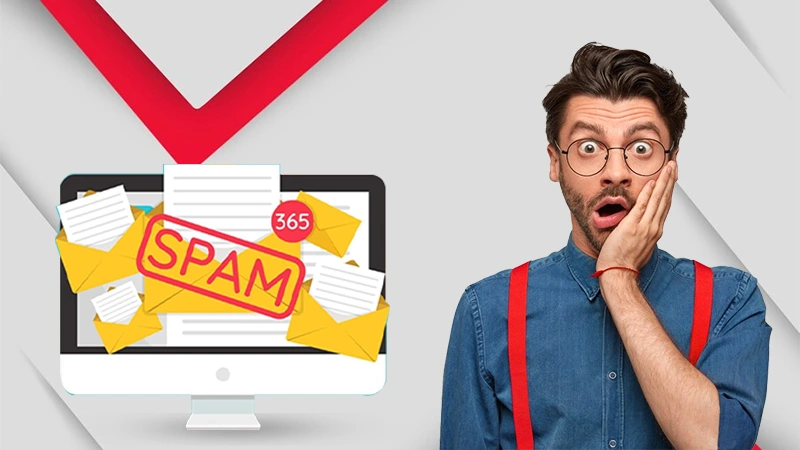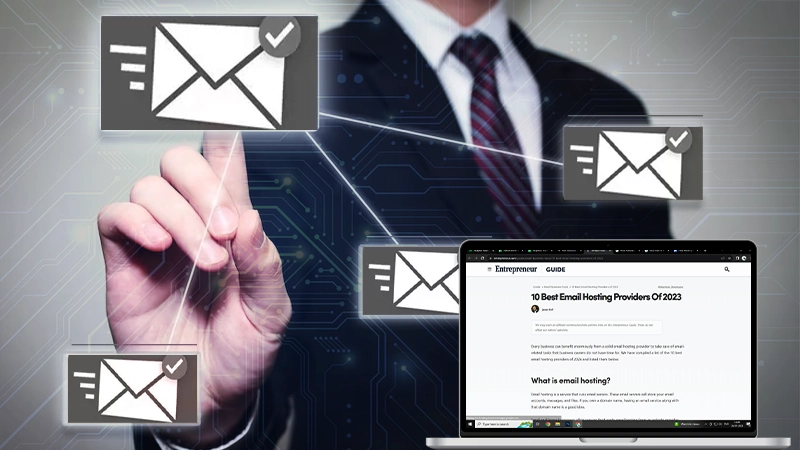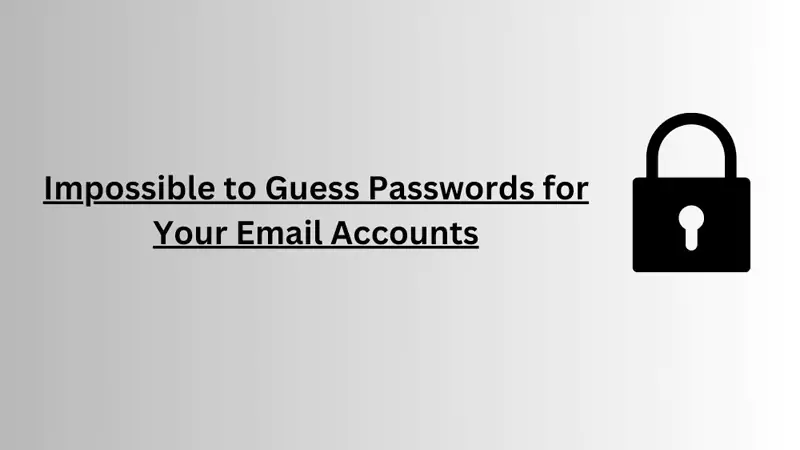Security Guide for Email Marketers: 7 Best Practices
One of the most widely used methods of communication, particularly in the business world, is email. Unfortunately, it is also one of the targets of cyberattacks most frequently so you should enhance email security.
According to Litmus, 41.5% of brands stated email marketing was valuable to the success of their business in 2021. It is also relevant if you want to stay connected to your customers and improve your brand exposure.
However, there are risks associated with online promotions. Therefore, your management must know the finest security procedures. Before looking at the best practices for email safety, you should be aware of several things.
Most Common Email Marketing Threats
Spoofing
Email marketing campaigns frequently fall victim to spoofing, one of the most common online scams. Spoofing is when an attacker forges an electronic mail to look like it came from a known and trusted sender. These emails may appear to come from a legitimate business by using a well-known name, logo, or address.
Many dangerous or spam digital emails are designed to look like they came from a trustworthy source so that the recipient may fall for the trap and divulge personal information or download malware.
Phishing
Phishing is another common danger in online advertising through mail and is an insider threat to network security. The purpose of phishing emails is to deceive recipients into disclosing personal information like passwords, credit card numbers, or account credentials.
These emails frequently use social engineering techniques, such as pressing requests, attractive offers, or account safety concerns.
DO YOU KNOW?
Email marketing has an ROI of around 4,300%, making it one of the most effective promotional channels available.
Scams
Scams, which entail deceptive plans to deceive recipients for financial benefit, can also be carried out via advertising emails. These scams commonly promise implausible rewards, such as winning a lottery or a large quantity of money or access to special discounts.
Scammers use deception to coerce victims into giving over sensitive information, conducting fraudulent transactions, or falling for various schemes that put victims at risk of financial harm or identity theft.
Malware
Marketing emails are seriously threatened by malware. This phrase refers to harmful viruses that may be part of an email to corrupt the recipient’s network or computer system.
However, the demand for cybersecurity has increased due to increased cyber crimes committed via online mail. According to research, 94% of malware was sent via electronic mail.
Online hacking bugs can be distributed by email attachments or URLs that, when opened, install malicious bugs capable of data theft, system damage, or granting unauthorized access to sensitive data.
Promotional emails may lure consumers into clicking on malicious attachments or links with alluring subject lines or offers without their knowledge, jeopardizing their safety and privacy.
The email marketing revenue has been expanding since 2020 and will constantly grow till 2027 according to the market prediction. Take a look at the graph below.
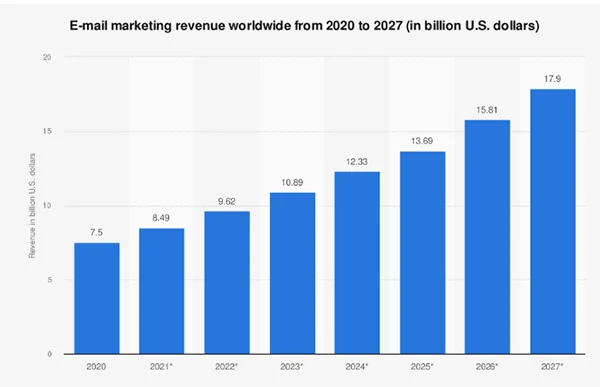
The Best Email Security Practices for Tight Safety
Email Authentication Standards
While using transactional emails, you should focus on authentication standards for best practices. These guidelines give you control over who tries to access your domain and how it is used. Because of this, online authentication procedures prevent you from falling victim to spam, spoofing, and phishing assaults.
You can use a few email authentication standards:
- Identified Mail using Domain Keys.
- Domain-based Authentication, Reporting, and Conformance for Emails.
- Structure for Sender Policy
Use High-Quality Email Tools
Utilizing advanced software plays a significant role in protecting your advertising emails.
Your electronic mail risks falling into the wrong hands if the tool is simple to manipulate or infiltrate.
How trustworthy and safe are your ISP and cloud provider, for instance? Do thorough research on all the tools you plan to employ.
Making a wise investment will save you money instead of picking free options with little to no protection.
Because cyberattacks generate more expensive harm. Therefore, to shield your online information from flaws, cultivate a good reputation with ESPs and domain servers.
Employ the Use of Email Security Software
The significance of Email Security Software should be emphasized in guaranteeing online campaign safety. Failure to invest in appropriate technology could pose serious threats to your business and customer data if your Internet Service Provider is susceptible to hacking and other exposures.
When opting for a robust Email Marketing Software, deciding on an effective gatekeeping software is necessary. Select the one that has positive reviews from its users and is not solely reliant on its developer’s advertisements.
We have listed some of the most effective Email Security Software you can leverage on
- Trustifi
- Perch security
- AVG Internet Security Business Edition
- Avanan cloud security platform
Prioritize Email Encryption
“Emails are like postcards,” it is often said. Like postcards, electronic mail can be viewed by every individual and system that contacts them. As a result, encryption is necessary.
Converting plaintext to cipher text through encryption guarantees that the email cannot be read by anyone who intercepts it. This approach significantly reduces the number of safety risks, such as man-in-the-middle (MITM) and company email compromise attacks.
While most major email services now have encryption features, encrypting messages as well as attachments between the organization and the provider is relevant.
Create Awareness
Businesses/organizations that deliver goods and services to consumers should not pretend that risks from email promotions are uncommon. Denying the existence of hackers creates the appearance that your company does not care.
Use your blogs or FAQs to inform your customers about email fraud.
The following actions can be taken to help your clients comprehend the significance of cybercrimes:
- Always end your emails with a warning that tells recipients how to spot fraudulent and spoof emails.
- Make an article on your website that discusses the many online mail frauds that your clients encounter.
- Create FAQ pages & respond to most inquiries and questions regarding electronic mail scams.
Use Excellent and Secure Deliverability Techniques.
Your emails’ security and hacker protection greatly depend on how you send them.
You must implement a secure method for sending emails, and a protocol should be in place to monitor email delivery.
You must take proactive steps to ensure your emails are categorized as good because poor deliverability practices can cause them to land in the spam bin.
For comprehensive email security, consider the use of a S/MIME certificate, which, alongside SSL certificates is a key solution. Encrypt your email interactions, secure critical data, and build trust with your recipients with this cost-effective service that spans numerous email domains.
Carry Out Routine Internal Checks
To ensure the utmost safety and privacy of your valuable data, you must adhere to a routine checklist to thwart breaches.
Below are several steps that you can take to bolster your protective measures:
- Secure your list of company email addresses by keeping them confidential and allowing access only to authorized personnel.
- Periodically scan your email using anti-virus software to root out technical glitches or viruses.
- Hire an ethical hacker to conduct internal risk audits, and analyze potential vulnerabilities, and risk levels.
- Filter out spam email addresses by performing regular list clean-ups.
Conclusion
Safeguarding the integrity and security of advertising emails is of utmost importance in today’s digital landscape. Email marketers must prioritize implementing best practices to protect themselves and their recipients from potential threats.
Moreover, investing in an SSL certificate can provide an additional coating of protection by encrypting communication and verifying the authenticity of your website.
With these measures, marketers can promote trust, protect sensitive data, and maintain a secure environment for their subscribers, ensuring a successful and secure email marketing strategy.
